Introduction: IGF-1 LR3 – 0.1 mg – 10ml
Laboratory: Pharmaqo
Form: injection
Molecule: IGF-1 LR3
Concentration: 0.1 mg /ml
Package: 10 ml
Recommended dosage: 50-100 mcg daily
IGF1 LR3, or Insulin-like Growth Factor 1 Long R3, is a powerful peptide renowned for its ability to enhance muscle growth and improve recovery. This modified version of IGF-1 boasts a longer half-life, making it more effective for sustained results. Whether you’re a bodybuilder seeking to maximize muscle gains or an athlete looking to improve performance, It is a versatile and potent addition to your regimen.
Insulin-like Growth Factor 1 (IGF-1), also known as Somatomedin C, is a hormone alike in molecular structure to insulin, which plays an important role in childhood growth, and has anabolic effects in adults.
IGF-1 is one of many growth factors required for standard human development. IGF-1 is synthesized mostly by the liver but also centrally in numerous tissues.
IGF-1 consists of 70 amino acids. Similar to insulin, IGF-1 has an A and B chain connected by disulphide bonds. The C peptide region has 12 amino acids.
Usage
Insulin-like growth factor-1 (IGF-1) helps encourage normal bone and tissue growth and development and also has the ability to decrease blood glucose levels.
IGF-1 advances to fat cells and therefore burns fat. Subsequently, it increases lean body mass and decreases fat. These effects are desired mostly by athletes and bodybuilders. Increased IGF-1 levels are also comparable to weight gain. This weight gain is a result of lean body mass growth, not fat production.
IGF-1 is favored in the bodybuilding industry and for people who workout regularly. It helps enhance recovery time after workout and improves energy during the workout.
IGF-1 injections are common for adults and children if they have a growth hormone deficiency. IGF-1 contains many necessary amino acids that can help children who are not developing at a standard rate and supplement adults that are deficient.
Research has also shown that the anabolic effects of IGF-1 may reflect inhibited protein breakdown and stimulated protein synthesis in skeletal muscle and that this response may be caused by a direct effect of IGF-1 on muscle tissue, therefore assisting burns on the skin and other tissue abnormalities.



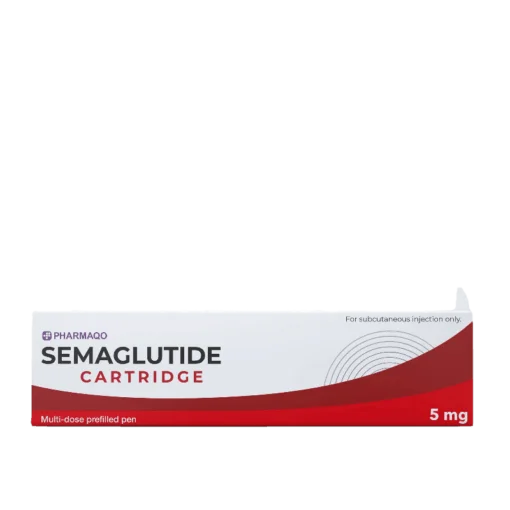
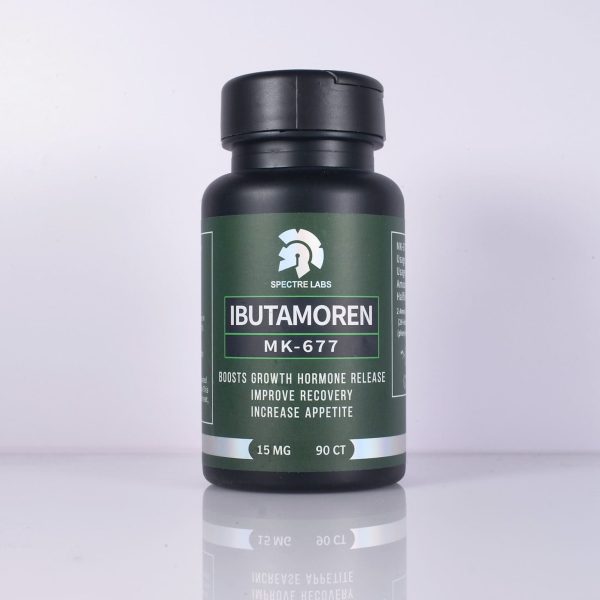
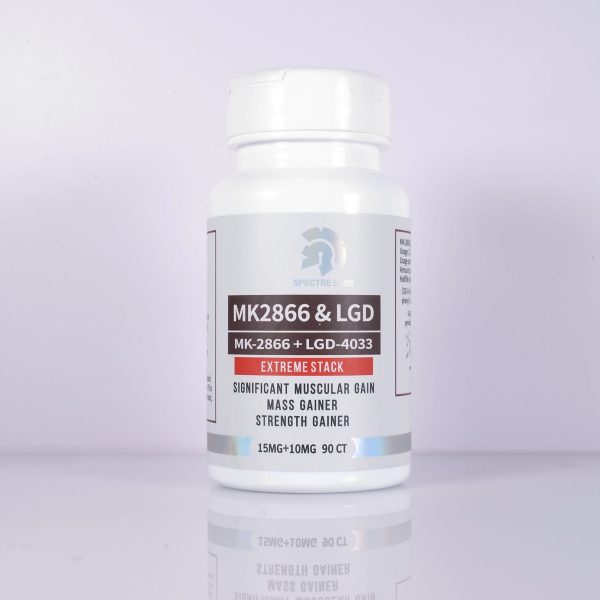
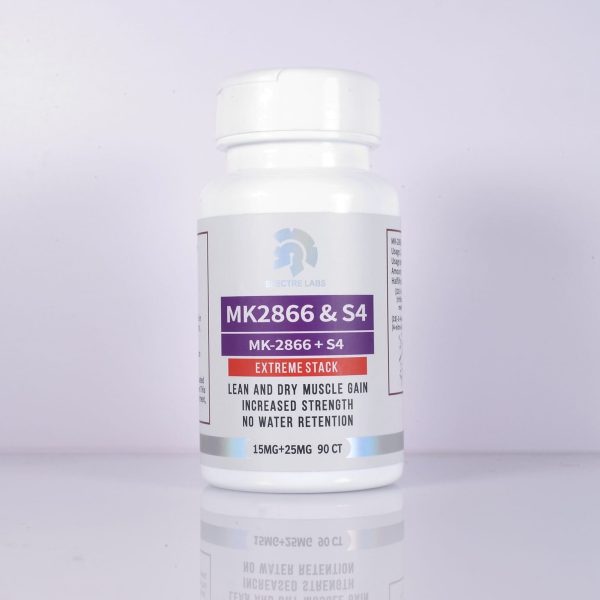
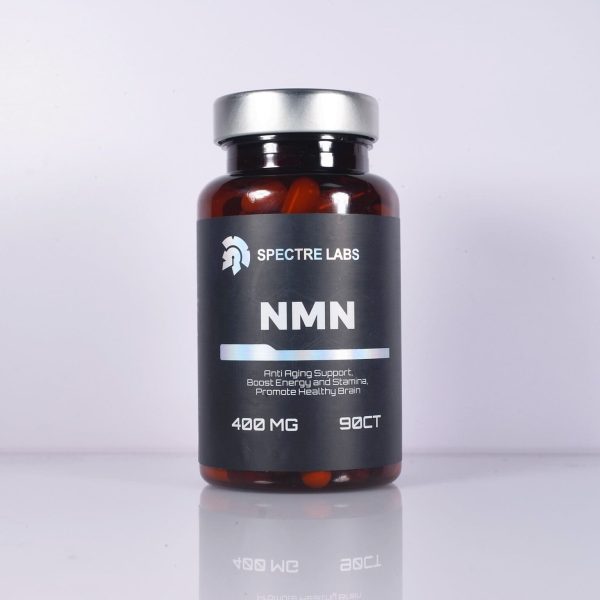
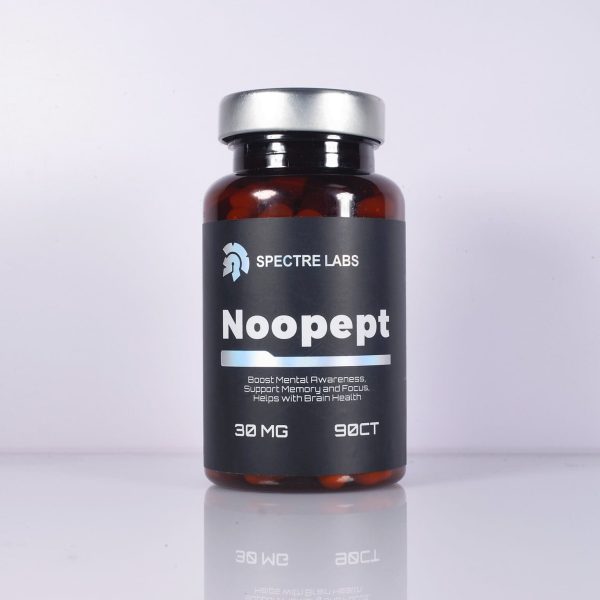
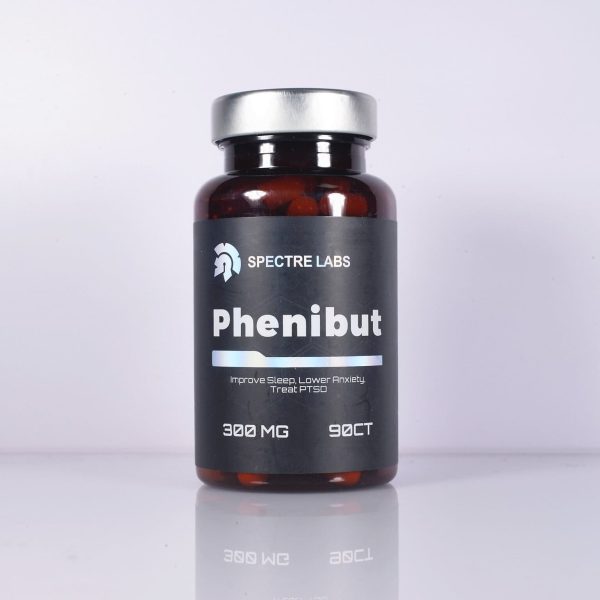
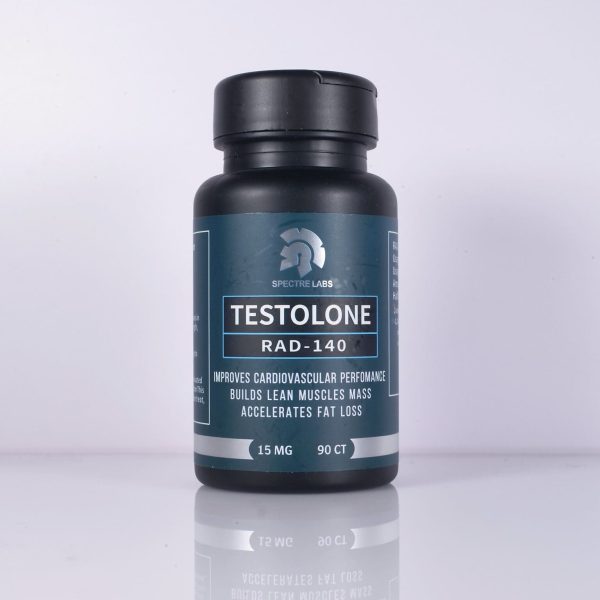
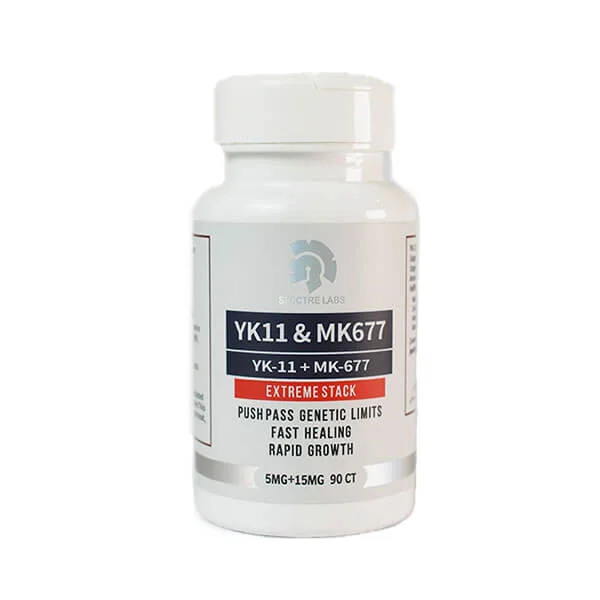
Reviews
There are no reviews yet.